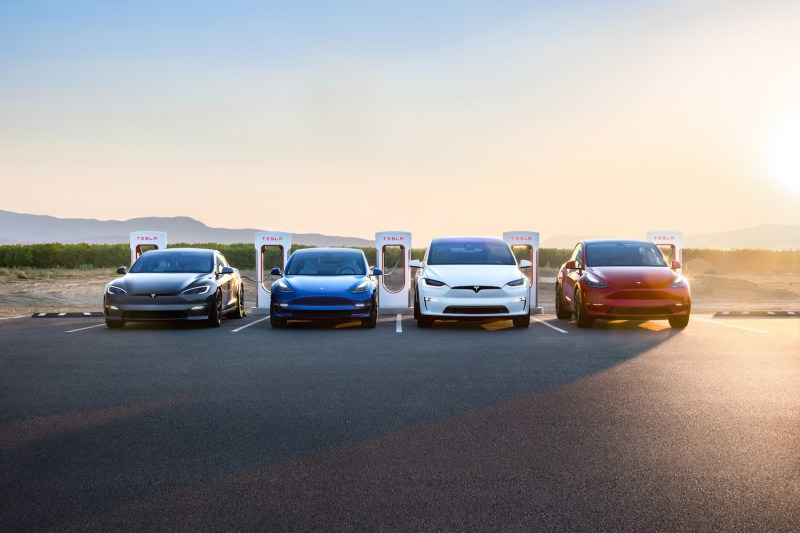
Back in 1849, French writer Jean-Baptiste Alphonse Karr wrote, “plus ça change, plus c’est la même chose,” which translates to “the more things change, the more they stay the same.” While we can assume that he wasn’t explicitly referring to battery-powered electric cars nearly 175 years in the future, some words and ideas are genuinely transcendent.
With the new automotive EV-olution taking over the driving world, more and more owners are turning in their fossil-fueled Civics and Tacomas for Model Xs and Ys. And with that new (old) power source, we are facing an age-old problem, once again — Mother Nature. A study done by Recurrent, which used data from more than 12,500 Teslas across the country, shows us that, not surprisingly, temperature affects batteries.

Both heat and cold can sap your EV’s range
In so many ways, we have repeatedly dealt with this issue. Anyone who has had the pleasure of freeze-walking their way to an ice-cold car on a Monday morning only to turn the key and hear a series of rapid clicks, or worse yet, nothing at all, can claim a first-hand account of the cold’s effect on battery output.
When the temperature dips significantly, the chemical reactions batteries use to generate power slows down, resulting in reduced energy output. Consumer reports found that cold weather can sap up to 25% of an EV range cruising at 70 mph, while more frequent stop-and-go chilly travel can cause a drop of up to 50% of the manufacturer’s claimed range.
The good news for those EV owners in the icier parts of the country is that it turns out that heat has been found to have a worse effect. The Recurrent study assigned a “range score” for all the Telsa batteries it tracks out of 100. This number represents the percentage of energy retention the car’s battery holds compared to its original as-new range. So, a score of 93 would mean that the car battery, with an original range was 300 miles, can now reach 93% of that original 300-mile range (don’t bother switching apps, it’s 279 miles).

For EVs, cold is preferred over heat for longevity
Overall, cars in colder northern climates showed a higher average range score (95) than those in hotter southern environments (92).
But there is more good news still for electric snow bunnies. When it comes to overall longevity for your battery, the cold is also a better option than a hotter environment. Recurrent explains this by saying, “Environmental heat contributes extra energy to the electrochemical reactions in the battery, which can accelerate unwanted chemical reactions that age the battery prematurely.”
Of course, this study is a broad overview, and it does admit that individual car battery health can vary significantly depending on how it has been cared for over the years. So, while extreme heat is generally worse than the cold for EVs, there are many actions owners can take to mitigate a majority of these potential issues.

Where an EV lives its life will affect its resale value
Aside from the obvious, this study shows us some of the impending issues the next generation of used car markets will face. Where it used to be that only Concours-level collectors were concerned with “Arizona cars” (
While range anxiety continues to be a pervasive and persistent problem for new EV owners, it is interesting to think how this idea will impact the resale values of those same cars down the road (no pun intended) a bit. But, just like smartphones and even ‘dumb’ phones before that, or similarly with iPods, Discmans before them, and Walkmans before them, batteries all still operate in the same basic ways. They are affected by the same principles of physics and chemistry. So while we have come a long way from finding batteries in the refrigerator of your grandparents’ house, they may have been on to something. After all, the more things change, the more they really do stay the same.



